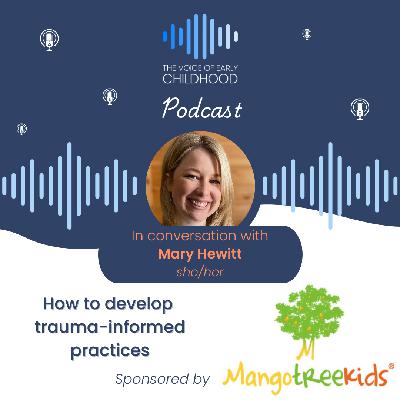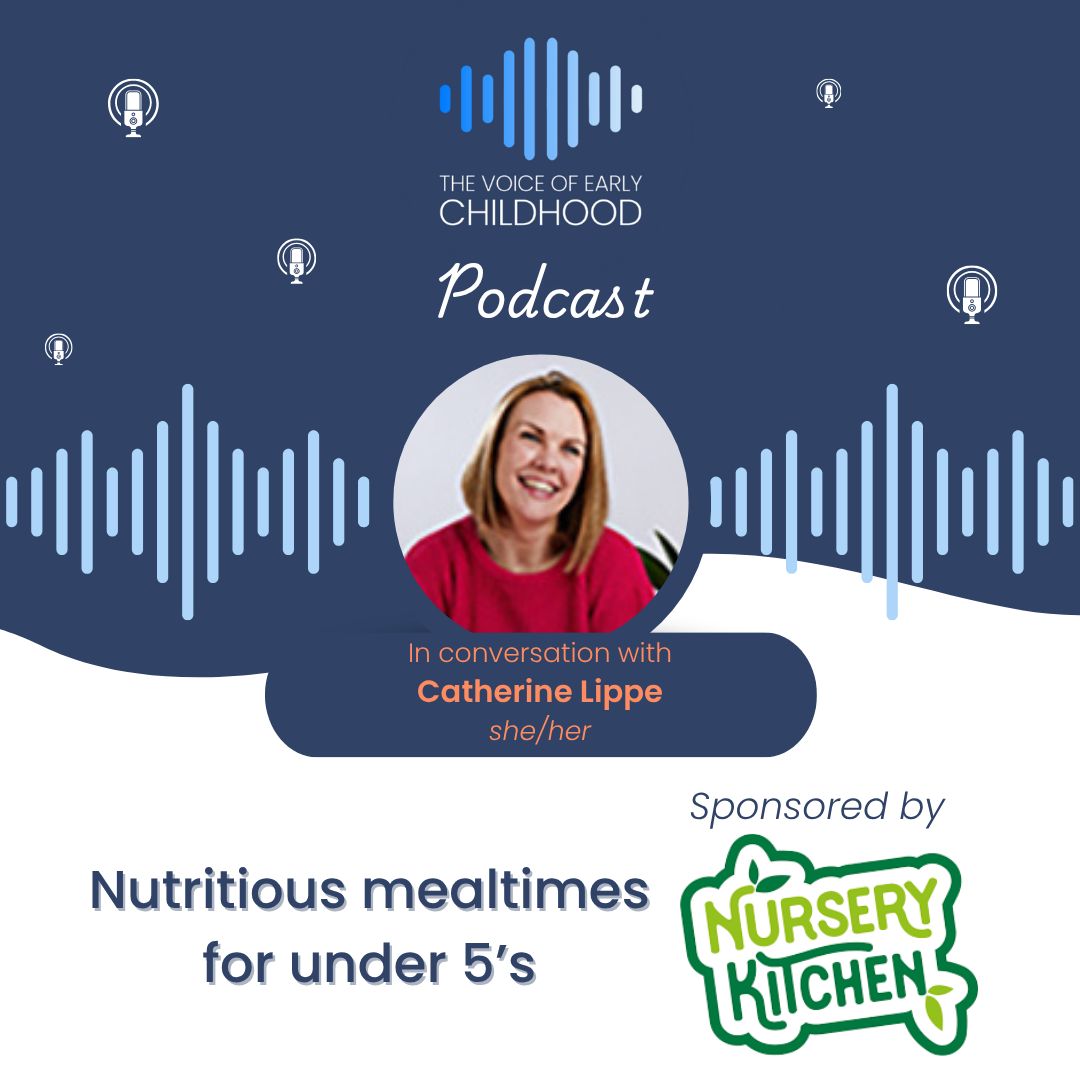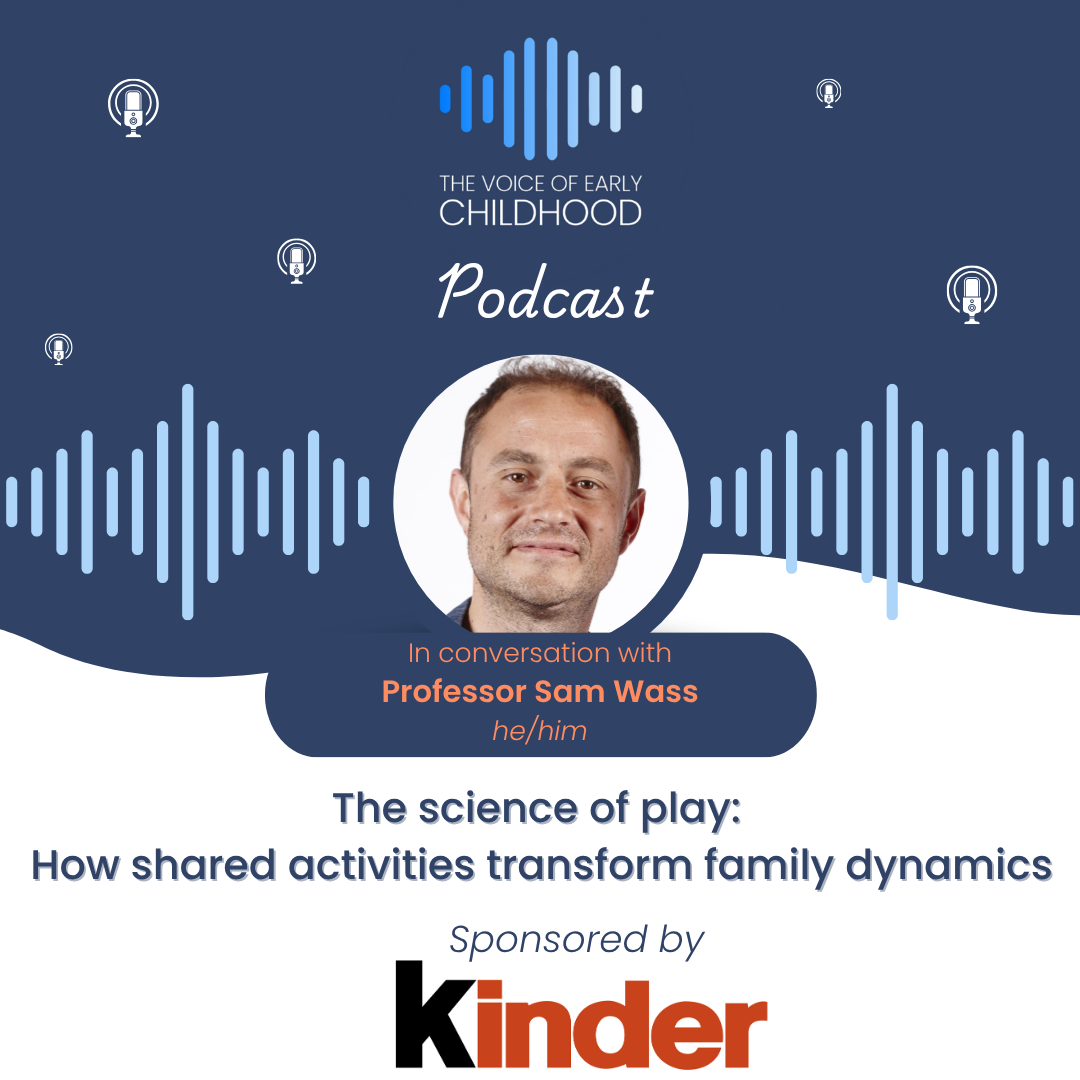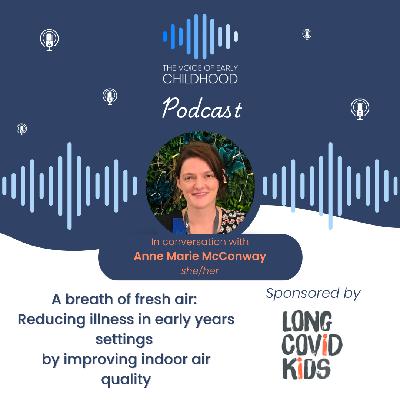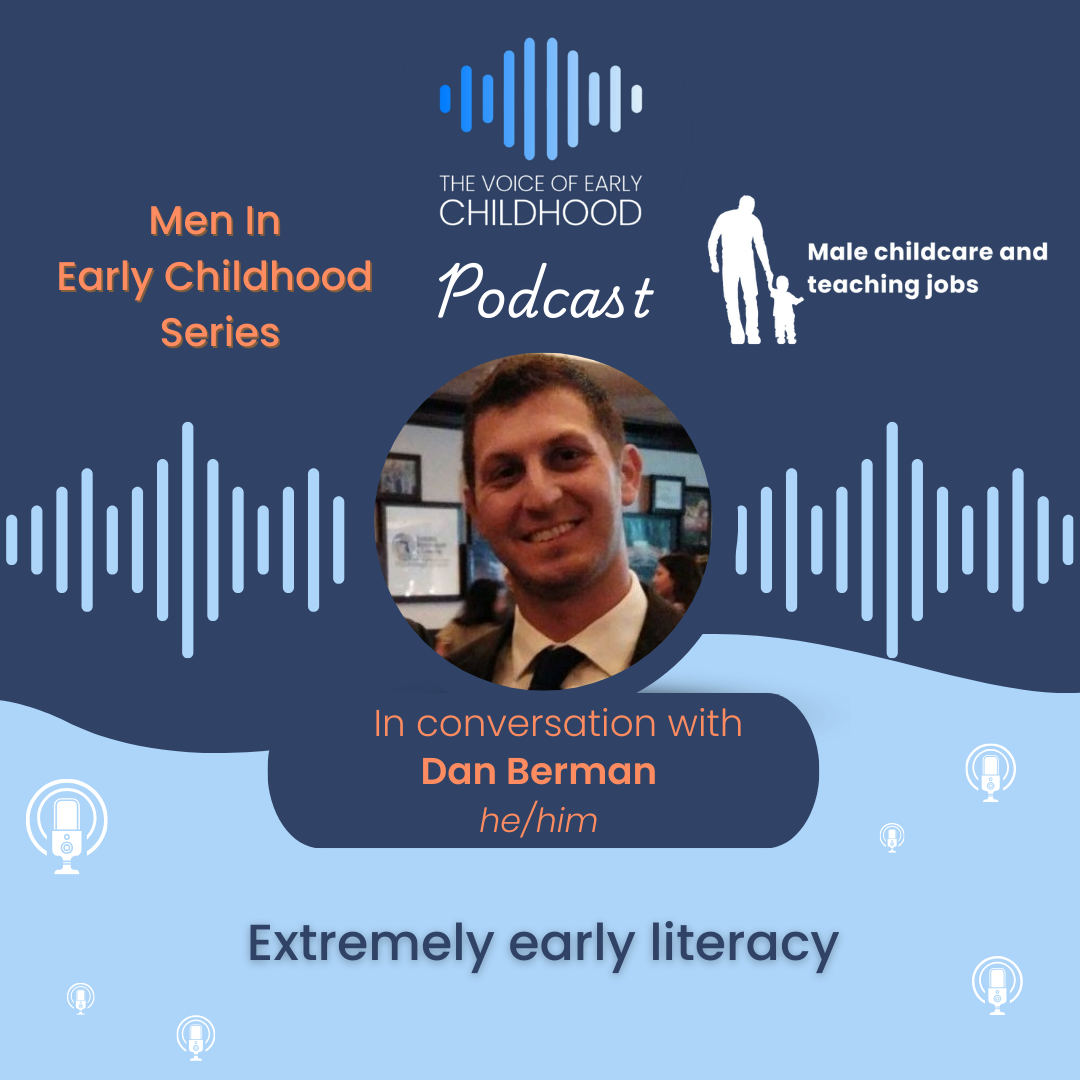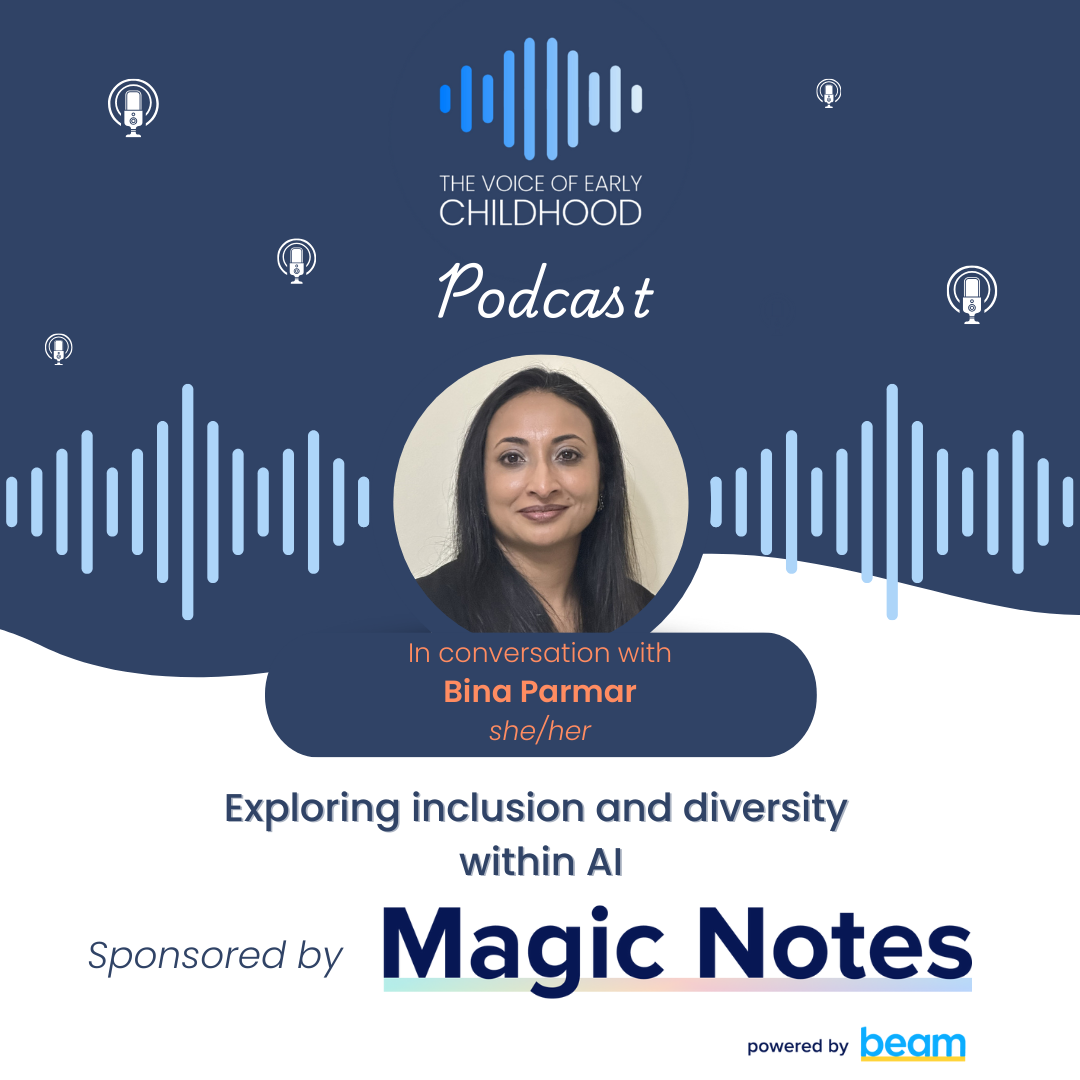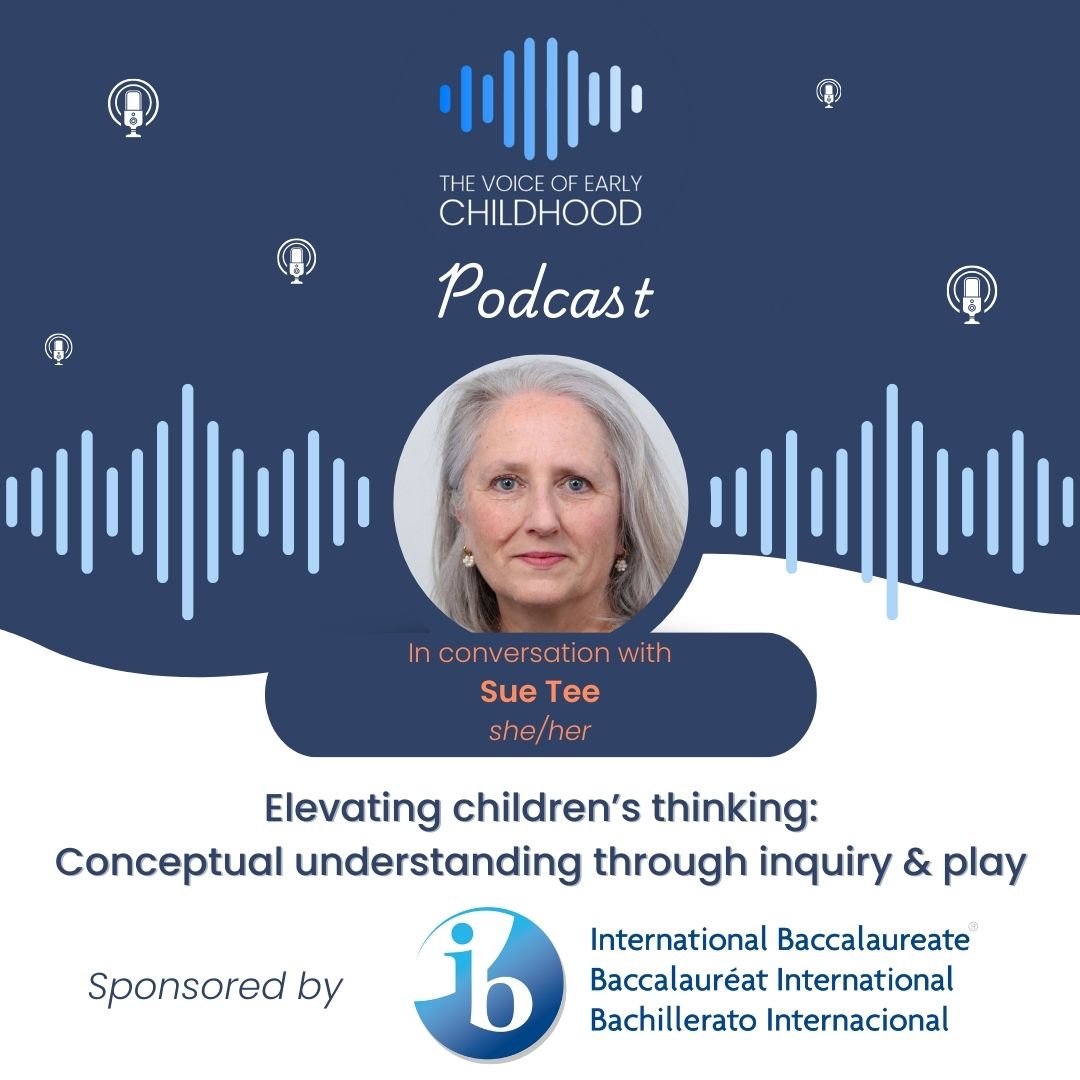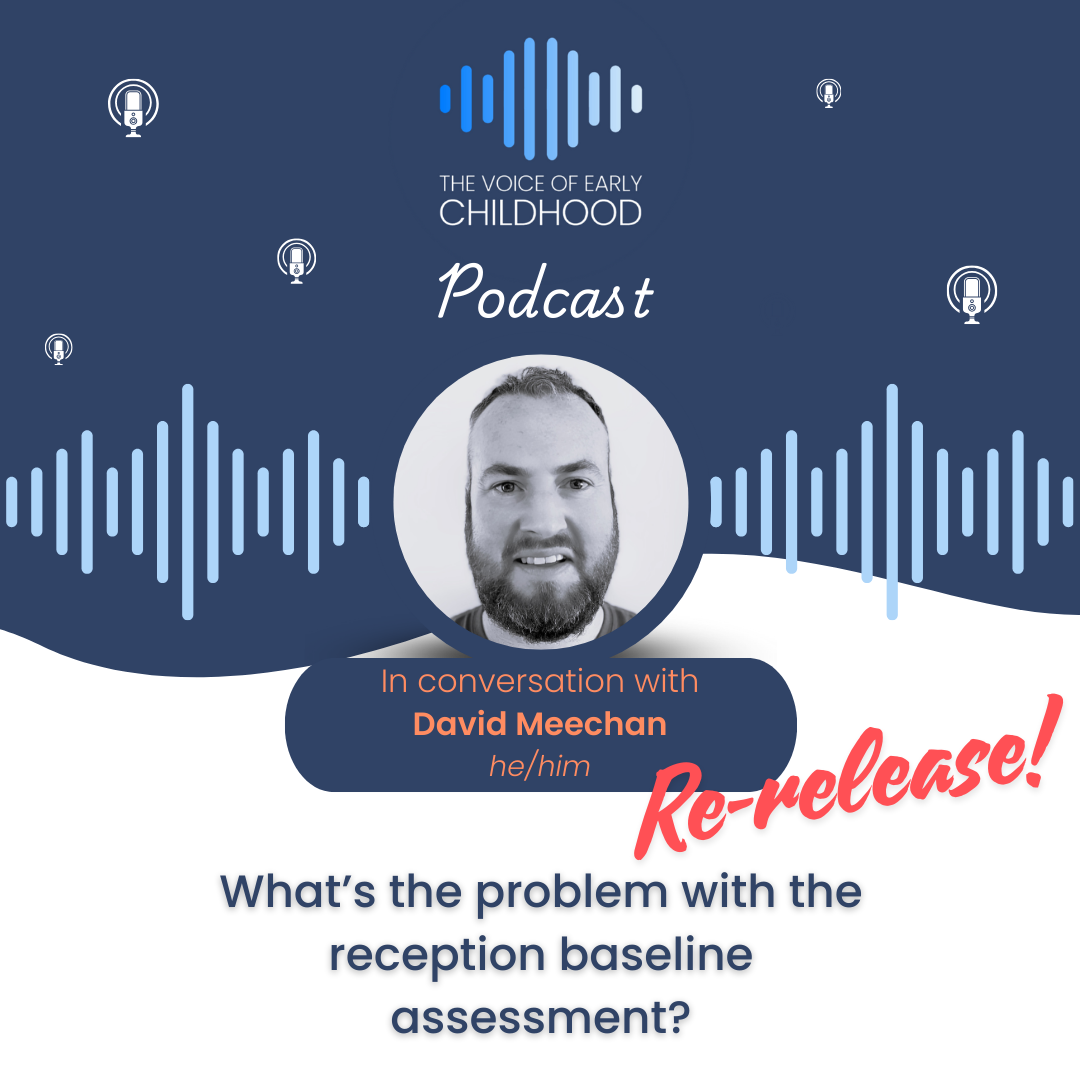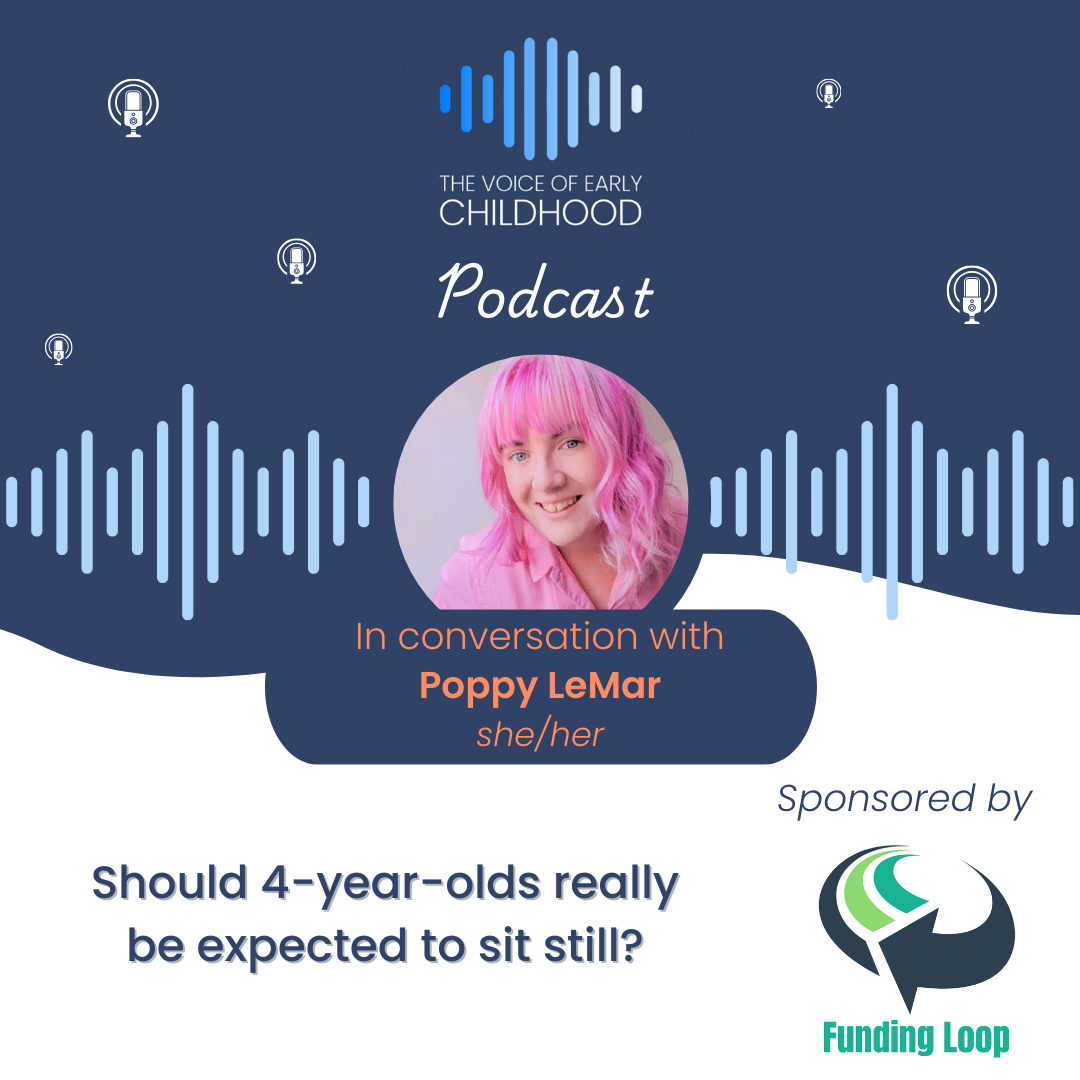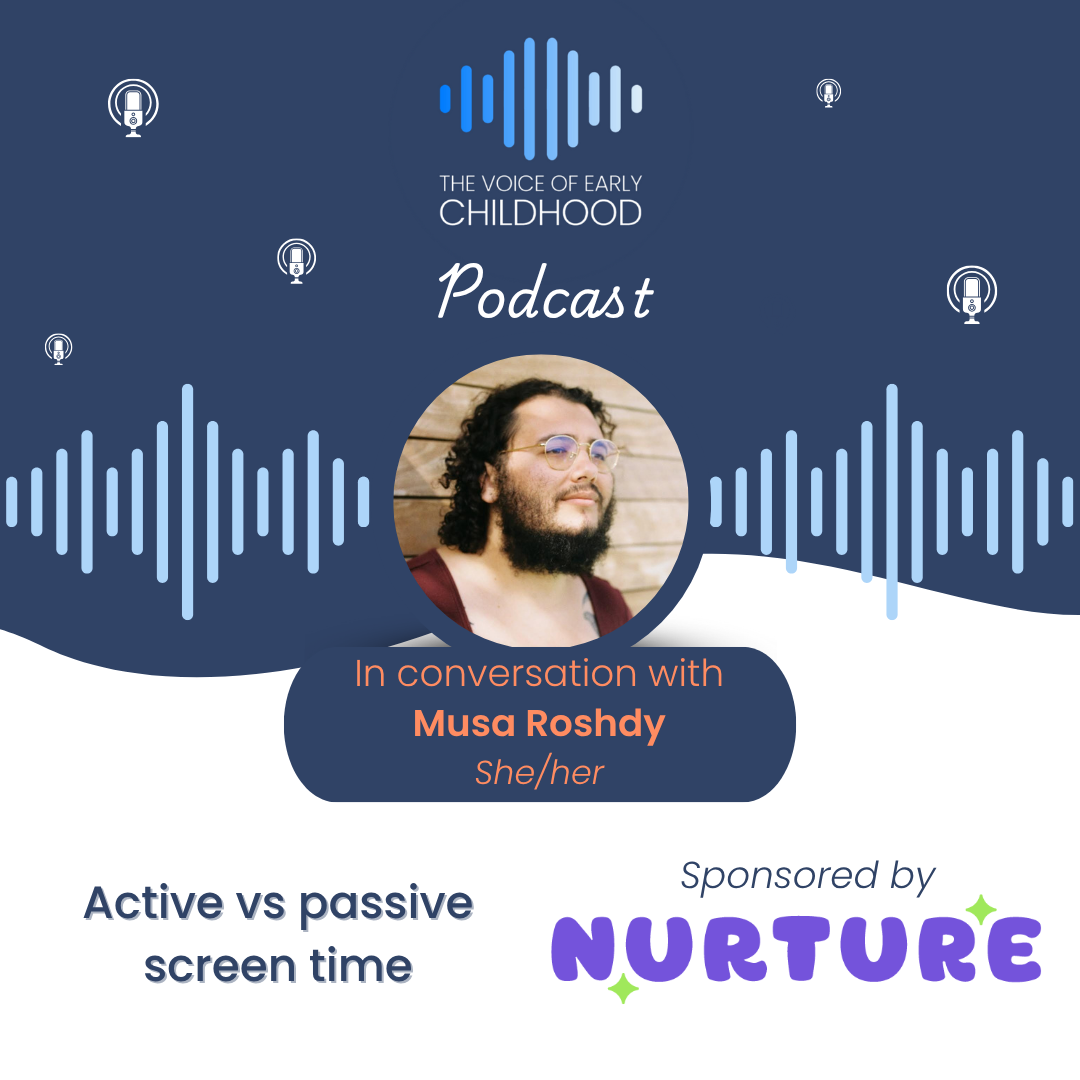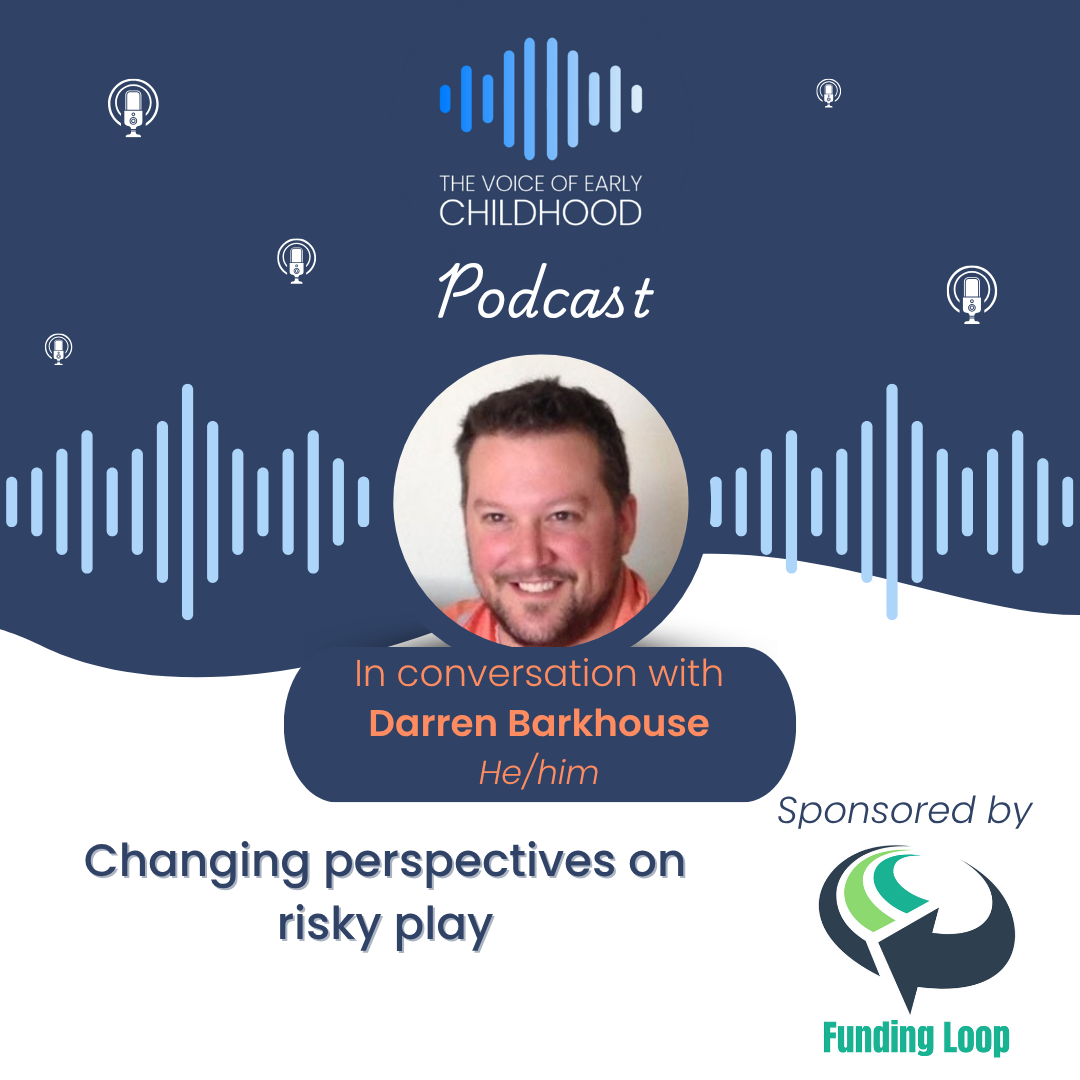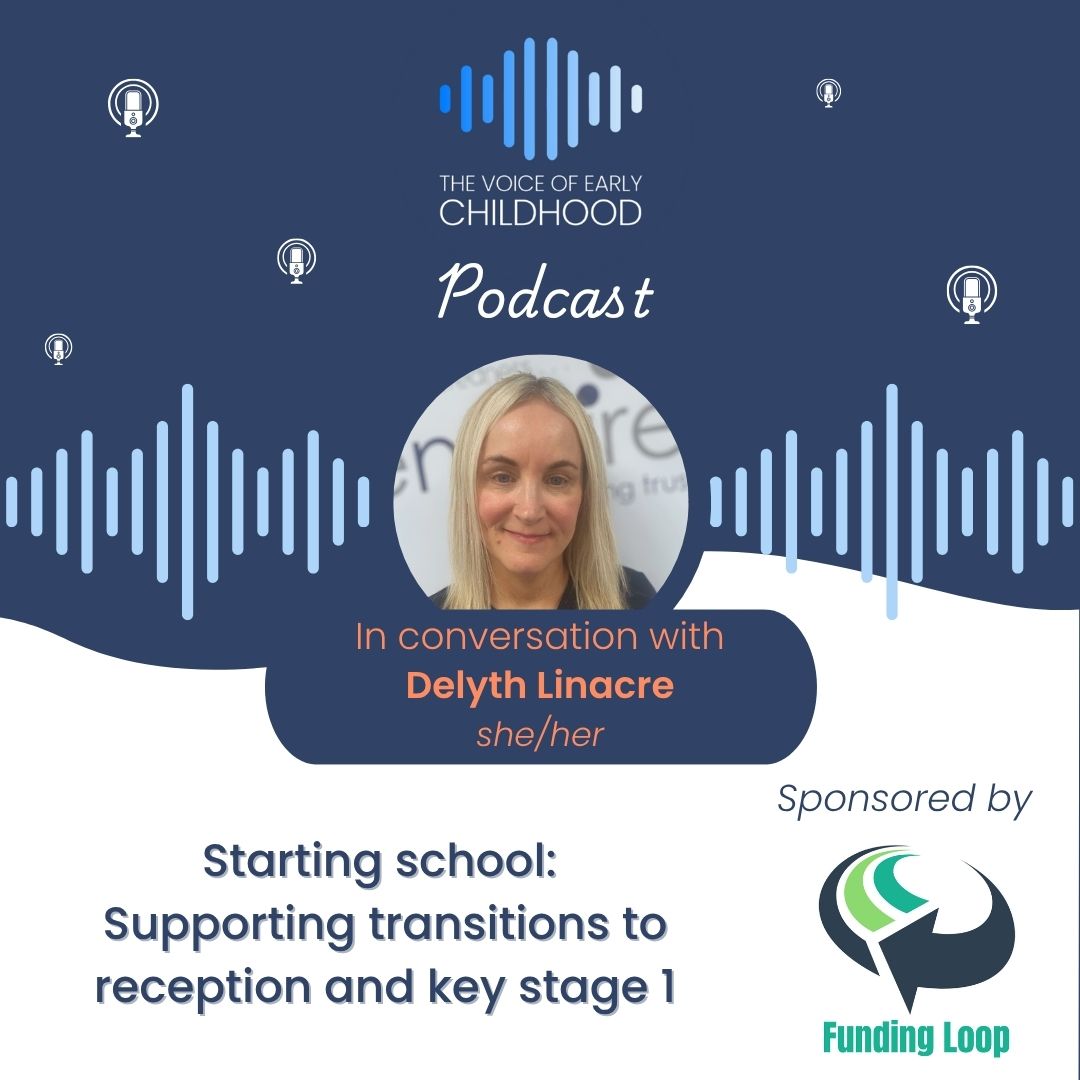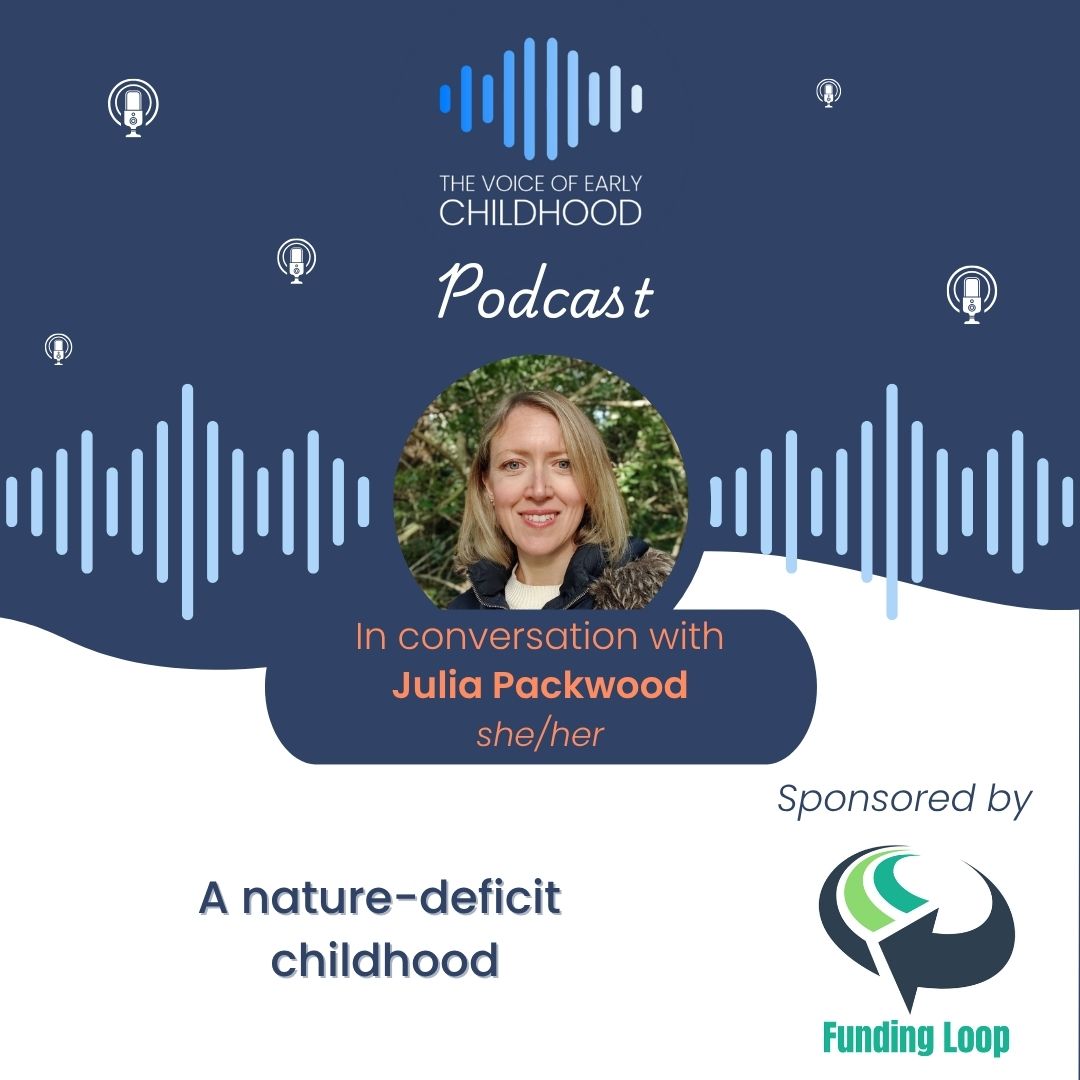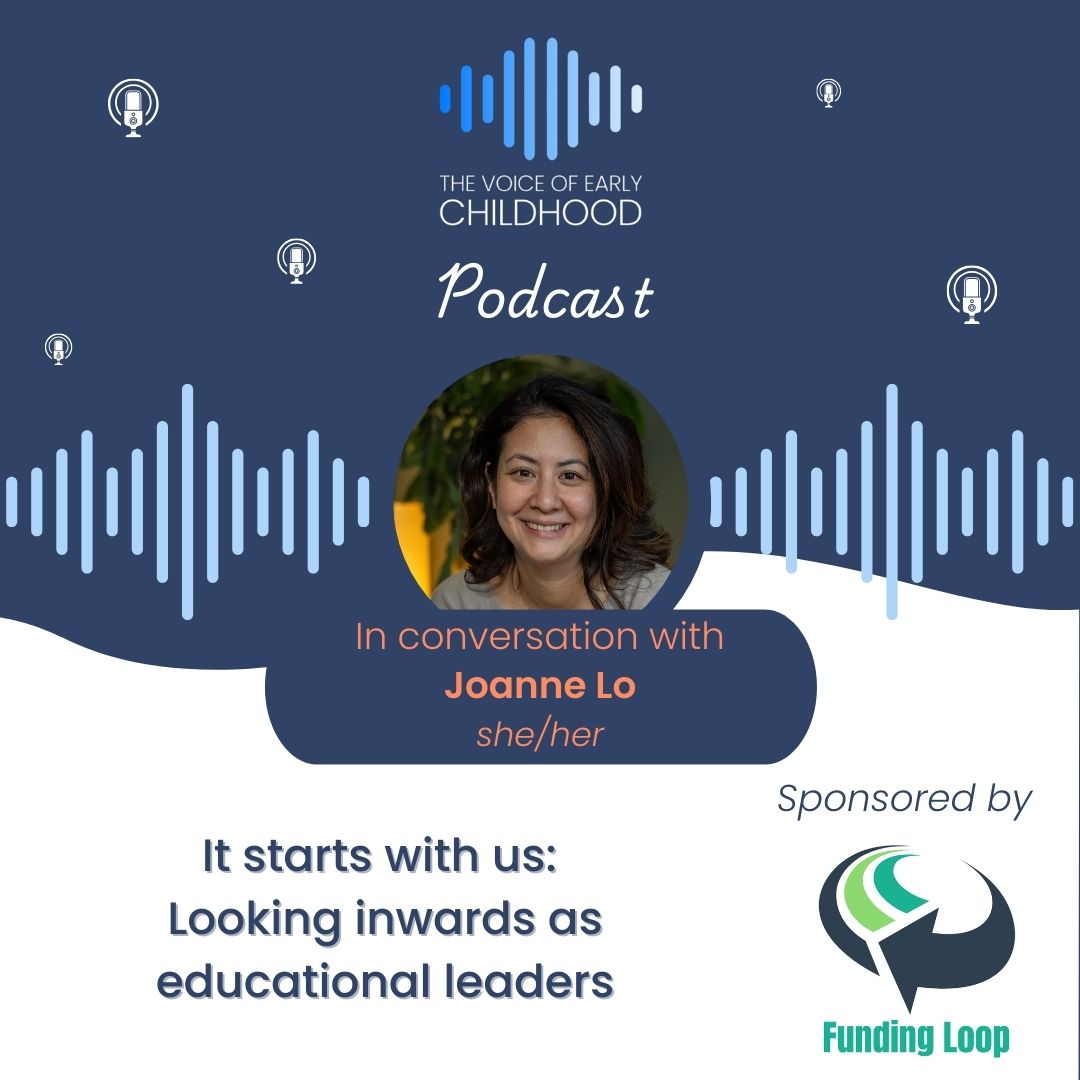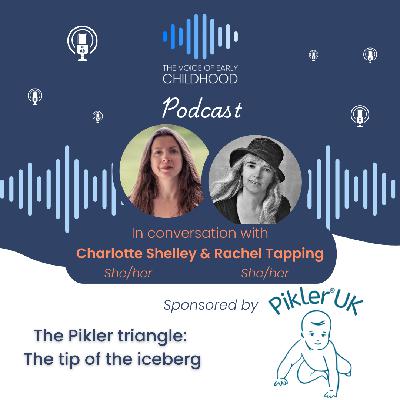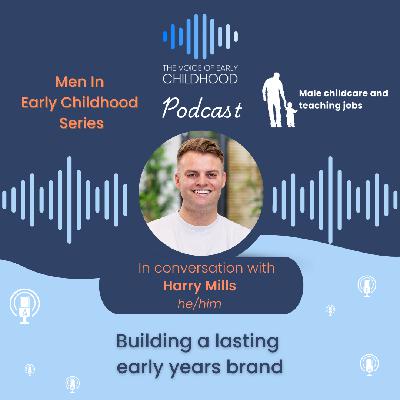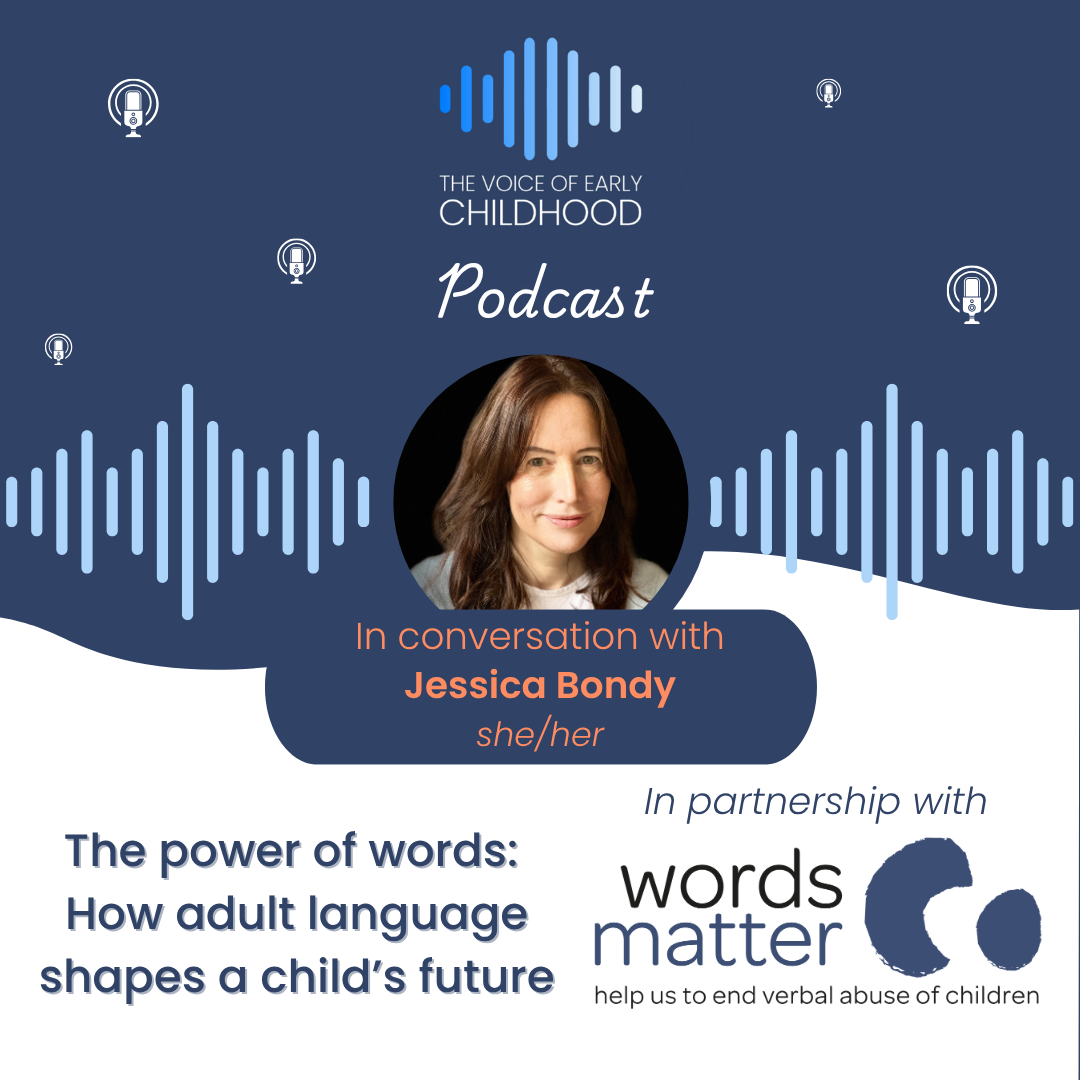Understanding the impact of childhood trauma and how to develop trauma-informed practices
Description
Childhood trauma, often referred to as 'complex' or 'developmental' trauma, is extremely common but is not often discussed in the context of our work as early childhood educators. And yet, children are showing up to our settings/programs every day carrying the weight of these circumstances and, according to research, a trajectory of negative health outcomes for the lifespan as a result. But Mary Hewitt shares with us that there is hope: early positive relationships and experiences with informed educators have the power to protect, buffer, and even reverse the devastating impacts of childhood trauma.
This episode is sponsored by Mangotree Kids.
Mangotree Kids provides African drumming programs and inclusive toys and educational resources which promote the beauty of culture. Our main focus is enhancing the quality and diversity of products that represent Black children, ensuring they see themselves and their culture reflected in the toys they play with.
Our Jolly Djembe Club workshop introduces nursery children to the art of Djembe drumming in a fun and engaging way, and promotes wellbeing through our Rhythmic Meditation exercise. The program ends with a wonderful parents showcase. Mangotree Kids also provides a stress relief program called Beat the Stress for nursery staff.
To find out more visit: https://www.mangotreekids.com/
Read Mary's article here:
Our 2026 conference info & tickets:
https://thevoiceofearlychildhood.com/early-years-conference-2026/
You might also like…
- Proactively promoting positive mental health by Matt Bawler – https://thevoiceofearlychildhood.com/proactively-promoting-positive-mental-health/
- Self-regulation, co-regulation & mental health by Dr Mine Conkbayir – https://thevoiceofearlychildhood.com/self-regulation-co-regulation-and-mental-health/
- 'It's not time out, it's time in' for both of us: Co- and self-regulation by Julia Robinson & Charlotte Hannah – https://thevoiceofearlychildhood.com/its-not-time-out-its-time-in-for-both-of-us/
- Understanding neuroscience in early childhood by Mandy Worsley – https://thevoiceofearlychildhood.com/understanding-neuroscience-in-early-childhood/
Share your voice:
Do you have a topic or guest you would like to hear on the podcast? Get in touch here! – https://thevoiceofearlychildhood.com/contact/
Episode break down:
00:00 – Welcome!
03:00 – Topic warning – A difficult conversation
03:45 – What is trauma?
07:30 – How do traumas show up as behaviours?
08:40 – Trading connection for protection
10:00 – Dissociation – Shutting down & disconnecting
11:20 – Arousal response – Fight or flight mode, aggressive state & confrontation
12:45 – Examples of traumatic experiences
17:00 – Adverse childhood experiences (ACEs) research
21:00 – Effects of trauma on the body and brain
22:00 – Survival brain taking over – Stress response is maladaptive
24:00 – Mary's personal ACEs story
26:00 – Positive childhood experiences (PCEs)
31:00 – Elevated stress response – Living in high alert
36:00 – Floodlight approach
39:00 – Educators as agents of protection and buffers
42:00 – Rhythm and heartbeat – First sign of safety
43:30 – Drumming as co-regulation & eliciting a sense of safety
47:00 – Music & movement to elicit PCEs
48:30 – Rhythm of your day – A sense of safety
50:00 – Side by side rather than face to face
52:00 – Stage-like approach to regulation
55:00 – Removing the shame & therefore resistance
01:00:00 – 'Little big moments'
01:02:00 – Feeling seen, heard & that you matter
01:04:00 – The lasting impact educators have on children
01:07:00 – Further reading
01:09:30 – Key takeaways & related podcast episodes
For more episodes and articles visit The Voice of Early Childhood website: https://www.thevoiceofearlychildhood.com

